Part 9. The Kingdom of Legal is at hand…
[link to Part 1, Part 2, Part 3, Part 4, Part 5, Part 6, Part 7, Part 8]
As before, a phone call changed everything. It was from Brent Witing of the Arizona Republic. Scanning the court-logs that news-reporters scan for unusual outcomes, he had seen the dismissal. He was writing an article about it, and wanted to ask me a few questions. His story (Nov. 10, 1995) began:
“Prosecutors filed a drug charge against the leader of a group that wants to legalize marijuana in Arizona, but now their case has gone to pot.”
It snow-balled from there. A student reporter from ASU saw the Republic article, and wrote a story for the campus newspaper, which ran the same week as our monthly meeting. At the time, meetings were held in the Tempe public library’s basement, which was normally very over-sized for our needs. The place was packed. Standing room only. Students had been talking about it, and they swarmed the city library to hear more. I looked out over a sea of faces. If we had passed-the-hat, we could have taken in hundreds of dollars, but nobody had a collection tray of any sort, not even a baseball cap. Boy Scouts we were not. Totally unprepared for the response.
Then activists from California began flocking to the state. The Department of Revenue would sell the license to anyone. It felt like an invasion, almost; we began to feel like we had lost control over the situation. They thought we were slackers. There was no real friction or animosity, but it felt odd to start something locally, then have people from far away try to take it over. But they generated even more headlines: The Kingdom of Legal is At Hand! We thought it was good news.
Richard Davis, a long-time California cultivator and purveyor of a mobile Hemp Museum in the off-season, was among the first to arrive. The museum, a school-bus in a former lifetime, was unforgettable. Strapped to the top was what looked like a Christmas-tree skeleton. Closer inspection revealed it to be the stalk of a huge marijuana plant, its stem as thick as your ankle! Just imagining the buds that came off it could make you salivate.
Amid the festivities leading up to Super Bowl XXX, held in Sun Devil Stadium in January of ‘96, Davis parked his Hemp Museum on the streets, and sold taxed-pot out of it like an ice-cream vendor. He offered cute baggies of high-grade bud, a 1-gram stamp attractively integrated into the package, with instructions to enjoy a “superb bowl.” They sold like tacos at a construction site. On the second or third day, an undercover cop disguised as a football fan bought a gram; then the Tempe police shut him down. They seized his cash and pot, but if I recall correctly, Richard used a courier to supply herb from an undisclosed location, and remove cash to same, so the losses to the law were not that substantial.
Long ago, someone quipped that in the future, everybody would be famous for fifteen minutes. My fame wasn’t quite fifteen minutes; it might have been fifteen newspaper/magazine articles, plus fifteen seconds on TV. The phone would ring. So-and-so from such-and-such wanted to do an interview. I tried to screen for fraud, but when people want to hear what you have to say, it’s hard to resist. One guy claiming to be free-lancing for a London tabloid persuaded me to go in the backyard for a photo-op. Later, I found a 1/4 lb missing. I suspect he was either working with a partner, or was good at sleight-of-hand.
The high point was an article that ran in the New York Times or Wall Street Journal…I can’t remember which.
http://www.nytimes.com/1996/10/06/weekinreview/meet-arizona-s-happiest-taxpayers.html
Eventually though, the phone stopped ringing and public interest waned. The inevitable trajectory of fame. Davis returned to Cali to plant another crop, and the bandwagon-activists moved on. Nonetheless, articles about it would pop up here or there on occasion. Somebody would hand me a magazine I don’t subscribe to:
“Look, (fill in the blank) did a story about the tax-stamps!” It’s kind of twilight-zone when you read that you said this, or believe that, when the author has never spoken to you. He or she only read other articles written about you, then wrote their own, based on what they expected you might say, according to what they‘d read. Whether willfully “spun” or carelessly garbled, as in the game of Telephone, the stories soon bore little relation to the facts.
I kept my day-job as an engineer, but sold pot to further the movement. While not as brazen as Davis selling as a street vendor at the Super Bowl, I sold to anybody who wanted it. People would see a story about me, look me up, and call. I wasn’t hiding. They would ask if I was selling to medical users only? No. Anyone over 18. Then I would hear a story about their dealer got popped; or they’re getting it from a guy, but he’s really creepy. That kind of stuff. I met a lot of interesting new people.
[link to Part 1, Part 2, Part 3, Part 4, Part 5, Part 6, Part 7, Part 8]
–Peter Wilson was a leader in AZ4NORML during the turbulent 1990s
(& yes, that is the same tray)

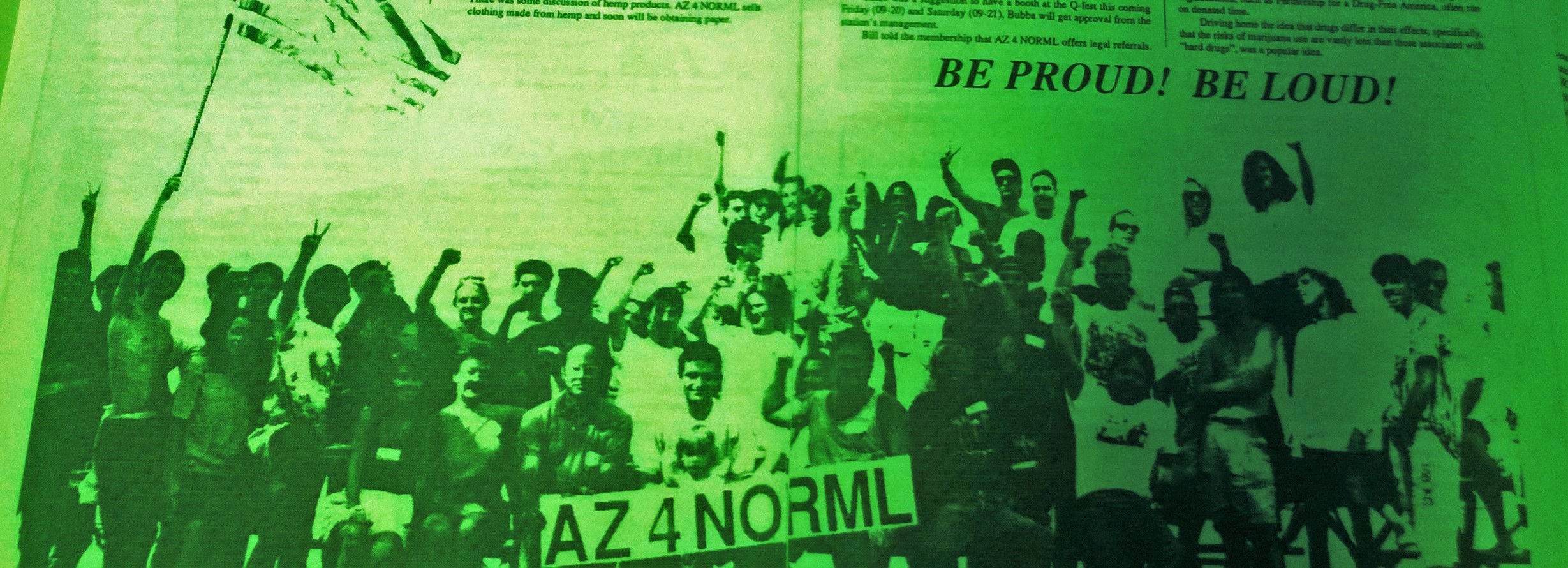










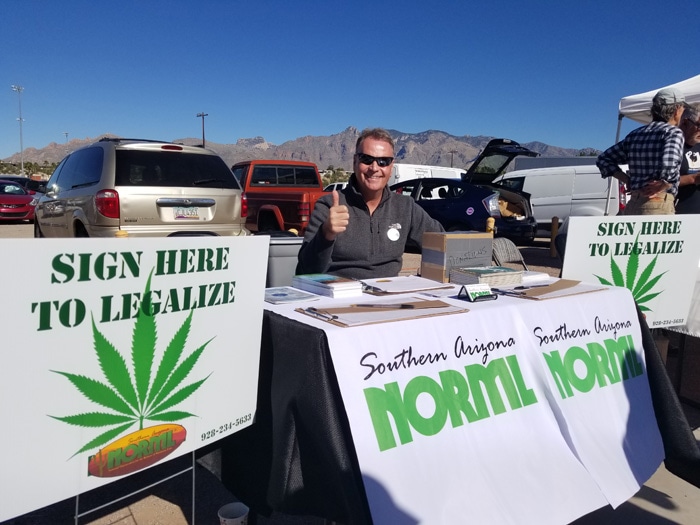
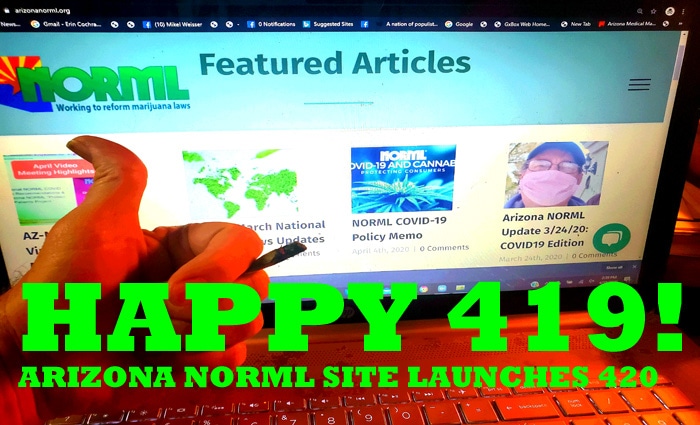
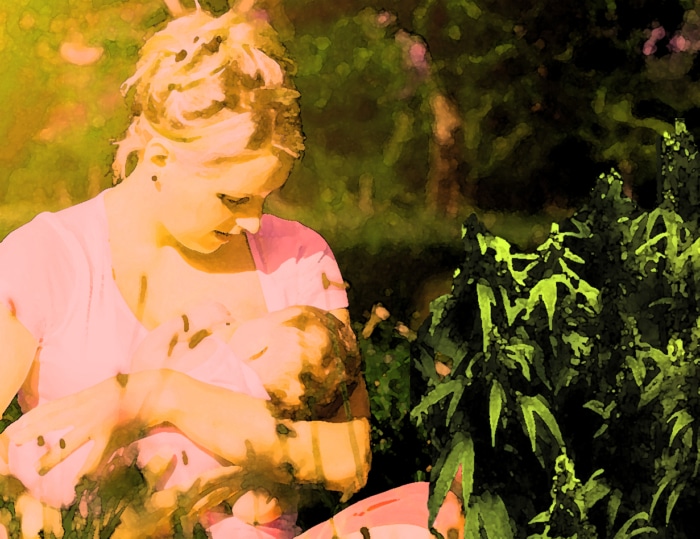
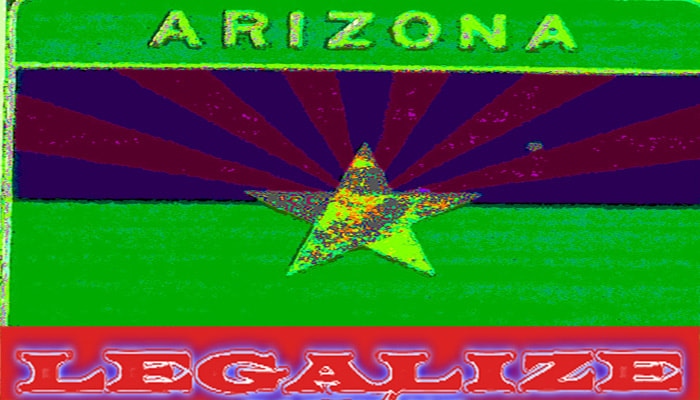
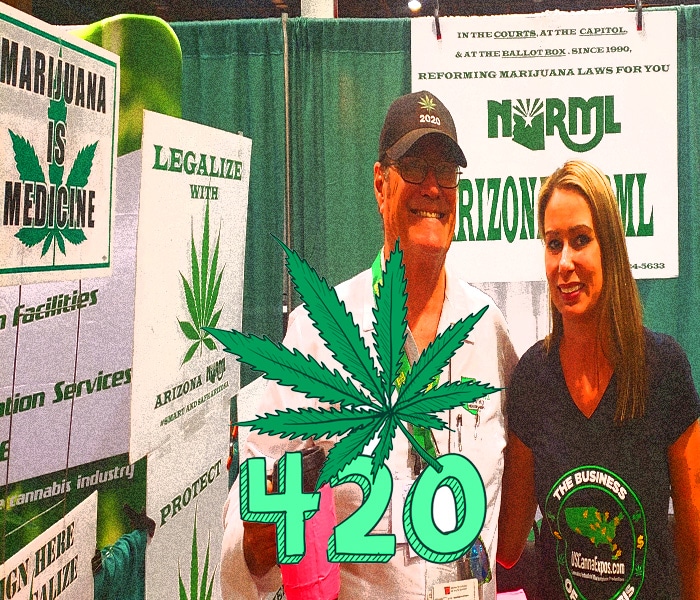

[…] [link to Part 1, Part 2, Part 3, Part 4, Part 5, Part 6, Part 7, Part 8, Part 9] […]